Fall 21-Spring 22 Honors Faculty Fellows
Main Content
seems an unavoidable necessity—the reason why we can be described both as homo faber (as maker) and homo ludens (as playful). If it is so important, what is it? And how does it express itself? Is the artistic impulse an impulse to preserve or to play, to waste or to wonder? Is it how we grasp the reality of our existence or how we delude ourselves away from it? Is the artistic impulse liberatory—an expression of a drive to free ourselves and others from exploitation—or does it rest on structures of exploitation? Or does it both at the same time? In this seminar, we will explore these questions, while navigating their tensions and contradictions. We will put the ancient world in discussion with the contemporary, while considering thinkers, artists and movements as part of a multi-cultural historical archive that holds these dynamic tensions in context.
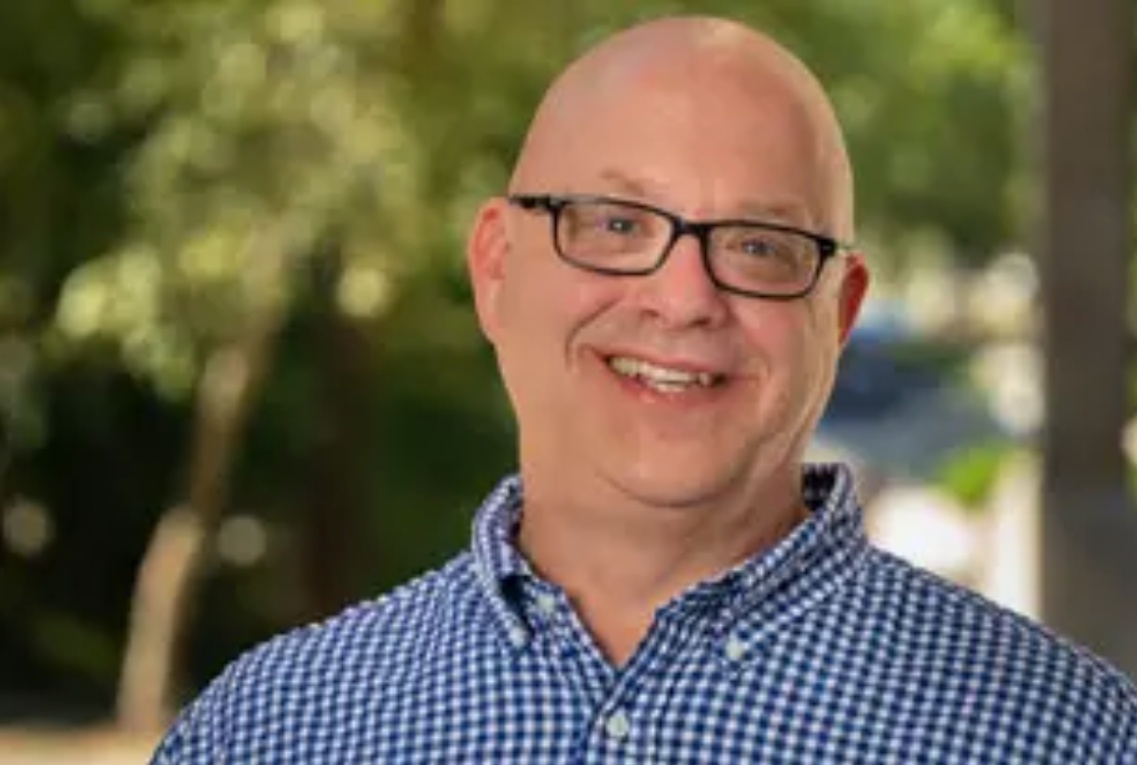
Pinckney Benedict, Professor, English
- Born Digital
In this course, students will create narratives in the same vein as in a traditional creative writing class, but they will be combining this already complex task with a variety of other forms of knowledge acquisition, including technological, professional, social, and aesthetic. They will answer questions such as, how is storytelling relevant in a digital world? As well as, how does a storyteller engage with a digital audience? Students will learn how to cut audio and video, access a diverse audience of readers and listeners, adapt to publishing for multiple modern platforms, use innovative software, gain professional skills such as marketing and branding -- all the while engaging in complex and creative thinking, writing, and analysis. Visual storytelling in the form of virtual reality, video games, and other visual formats will also be included.
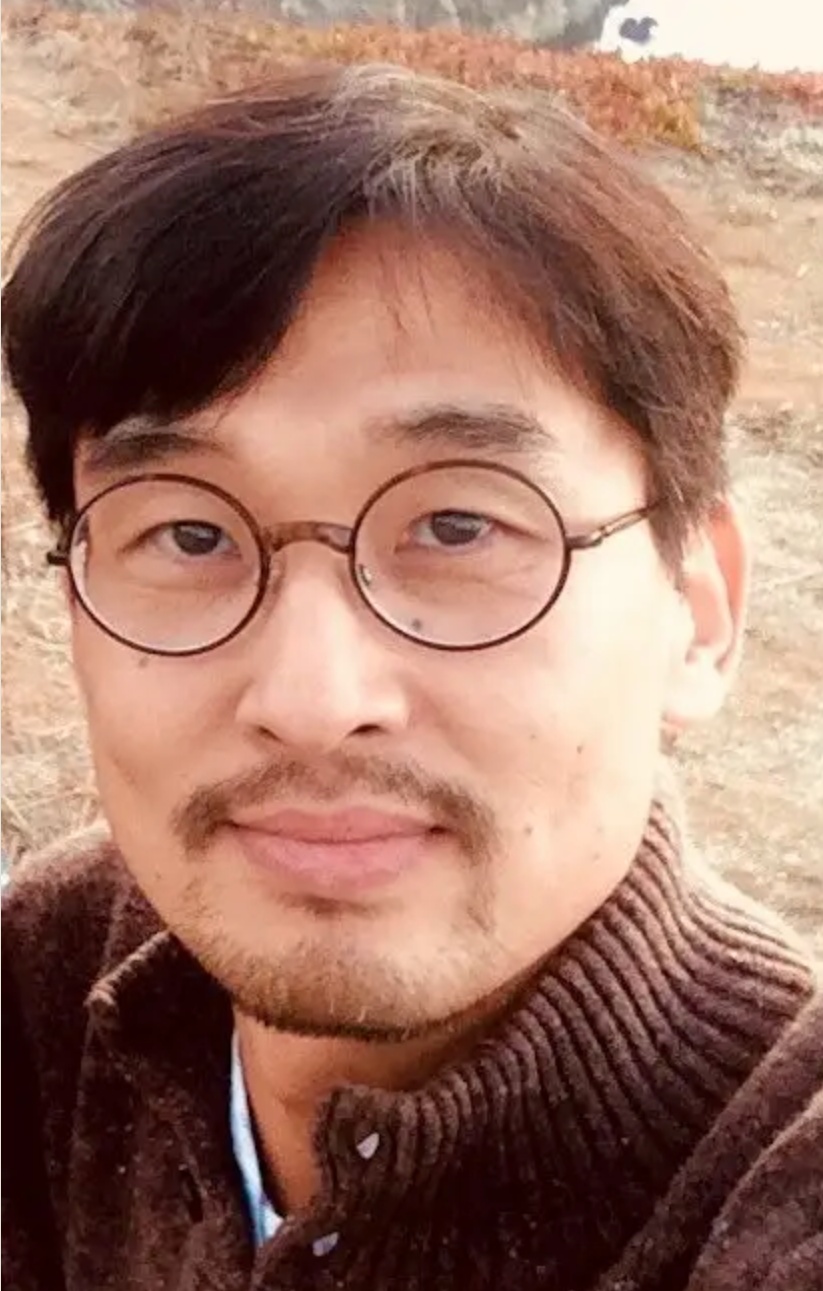
Kwangho Choiy, Associate Professor, School of Mathematical and Statistical Sciences
- A Revolutionary Analysis of Numbers and Data
Amid the deluge of information and big data, it has become critical to be literate in fundamental mathematical principles. This course will introduce students to a revolutionary theory in mathematics that developed in the early 19th century and is relevant to analyzing phenomenon in several fields, not just in science such as physics, computer science, biology, chemistry, but also non-sciences such as economics, psychology, sociology, finance, business. The goal of the course is to empower students and to encourage inquisitiveness about numbers as a way of being human and a route to understanding human knowledge in multiple disciplines.
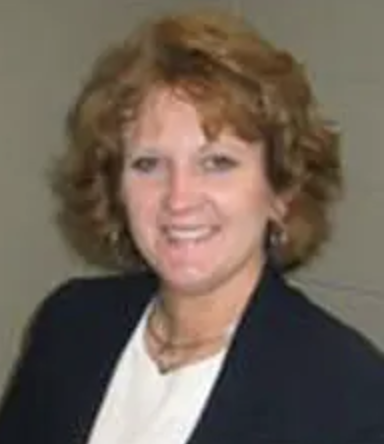
Sandra K Collins, Professor and Director, Healthcare Management
- Healthcare Meets Virtual Reality
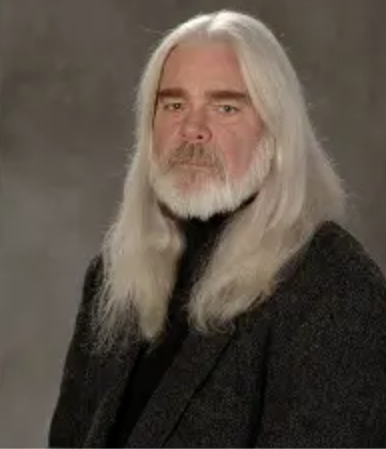
Jon Davey, Professor, Architecture
- Design Theories of Buckminister Fuller
The seminar will introduce students to the ideas, concept, and theory and design approaches of R. Buckminster Fuller. Buckminster Fuller (1895-1983) is the renowned inventor of the geodesic dome, the world game, and a new system of mathematics called synergetics. He was a polymath whose writings and lectures touched upon every aspect of the human condition. He was a “new-former” pointing out, exploring and prototyping designs in numerous, previously uncharted areas of science and humanity. His greatest writings were Critical Path, Synergetics, and, posthumously, Cosmography. Since his death a class of recently discovered allotropes of carbon, the fullerenes, have been named in his honor.
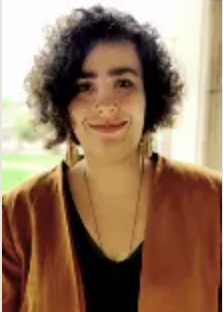
Francesca Dennstedt, Assistant Professor, Spanish
- Hashtag Feminism: Globalization, Social Media, and the Future
Can the revolution be tweeted? In this course, we will delve into how social media and other Internet-based applications have become a political force in our global world, shaping social movements and our future. Taking a feminist lens, this course will analyze social complexity from bottom up, from specific locations, such as Latin American feminist movements to understand global themes such as neoliberalism, globalization, and resistance. What can social media tell us about our social complexity? How are we formed as political subjects in this global, digital era? What is the future of feminism? These are some of the questions that we will tackle during this course. By the end of the class, you will have a grasp over the uses of social media, a set of theoretical tools that you can employ in the future, and a practical view of feminism.
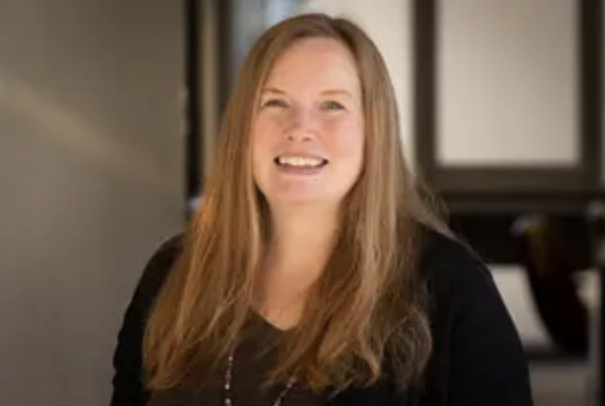
Jane E. Doughtery, Associate Professor, English
- Exploring Children's Literature
This is a student-generated course, developed at the request of an Honors student desiring to go deeper into children’s literature. In this course, we will engage with a range of juvenile literature and other media, aimed at readers from the ages of 0-18. We will establish the behavioral, psychological, and educational advantages of reading to very young children, examine the development of literacy in children and adolescents, and explore how juvenile literature socializes and acculturates children and adolescents. We will determine what makes a successful children’s book and write our own, revisit the books we knew and loved when we were young(er), and consider a variety of juvenile genres, including non-fiction, horror, comedy, poetry, and fantasy. Among the issues we will discuss in relation to our chosen texts are: the history of children’s literature, language and visuals, diversity and inclusion, attachment and separation, sleep and dreams, animals and other avatars, culture and identity, achievement and history, schooling and family, myths and revisions, classics and contemporary blockbusters, audiences and fan culture, maturation and adolescence, Harry Potter and the children’s literature genre, sexuality and romance, graphic novels, and juvenile television, film, and digital platforms.
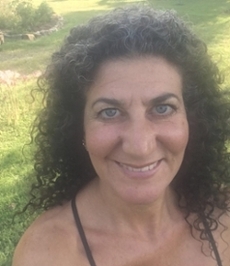
Diana Tigerlily, Associate Professor of Practice, Women, Gender, and Sexuality Studies
- Meditation Theory And Practice
Meditation is a practice of sustained concentration that calms the body and quiets the mind. Research has shown that meditation can reduce stress-related issues such as anxiety, chronic pain, and sleep disorders. In this course, students will cultivate a developed personal meditation practice, enhancing their own well-being and excluding peace to those around them. This course addresses the following questions: What is meditation and what is supposed to be “happening” while I’m meditating? How will meditation help me in my daily life and with my career? Who am I? What is my purpose in life? And why do these questions relate to meditation? How do I meditate if I have racing thoughts? What happens when I regulate the relationship between thinking and breathing? How will my personal meditation practice bring benefit to others around me?
-
Yoga Nidra & The Art of Letting Go
Yoga Nidra is a state of expanded mental awareness and deep physical relaxation accessed through guided meditation and visualization. While in the state of Yoga Nidra, deep healing is possible, creativity is enhanced, and the capacity to manifest one's goals and visions is maximized. In this course, students will experience the documented benefits of a consistent, weekly Yoga Nidra practice with an emphasis on the art of letting go and the development of a sankalpa, a long-term intention. This course asks: 1. What does it mean to consciously create my reality, and how do I do that? 2. How do we "let go" of, or be non-attached to, the things we love and fear, and how is "letting go" (non-attachment) not the same, as not caring? 3. What is the role of forgiveness in Yoga Nidra and Letting Go? 4. How are the concepts of selflessness and selfishness important in creating reality and resolving karma?
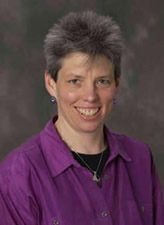
Maria Johnson, Associate Professor, Music
How can yoga and sound practices help foster clearer thinking, emotional equilibrium, a sense of peace and wellbeing, balance, flow and ease in navigating your life? How can yoga and sound practices facilitate greater awareness, compassion, empathy, presence, and a deeper interpersonal communication? How can practices of yoga and sound create safe spaces that nurture internal processes and a sense of feeling at home in your body while fostering a sense of community and belonging? What is the power of yoga, sound/music, and other expressive arts?
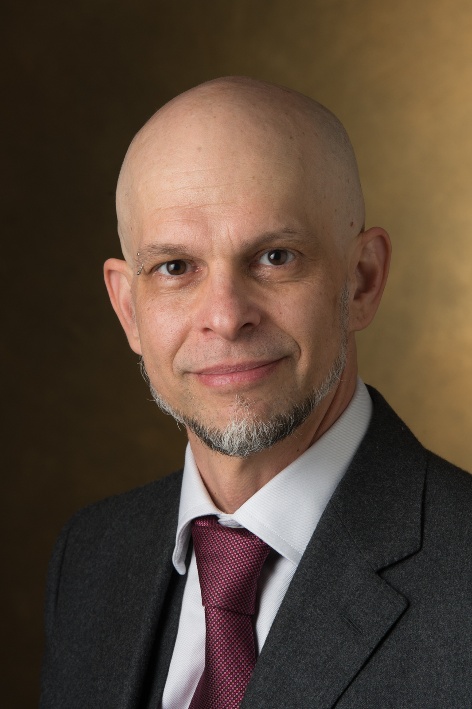
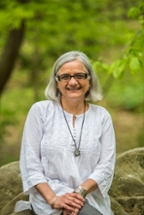
Eric Ruckh, Professor, History, Director University Honors Program, SIUE
Jyotsna Kapur, Professor, Cinema and Media studies, Director University Honors Program, SIUC
-
The Aesthetic Impulse: Why humans make art and how art makes us human?
What is art and why do humans make it? Why do we seek it out and spend time (and money) to experience it or acquire it? From the famous paleolithic cave paintings, stretching across the entirety of Southern Eurasia from approximately 35,000 to 40,000 years ago, to the latest Banksy, humans have been making art, that is both representing the world and inventing other worlds (sometimes at the same time). This drive is one of the definitive features of our species, of who we are and how we think. It seems an unavoidable necessity—the reason why we can be described both as homo faber (as maker) and homo ludens (as playful). If it is so important, what is it? And how does it express itself? Is the artistic impulse an impulse to preserve or to play, to waste or to wonder? Is it how we grasp the reality of our existence or how we delude ourselves away from it? Is the artistic impulse liberatory—an expression of a drive to free ourselves and others from exploitation—or does it rest on structures of exploitation? Or does it both at the same time? In this seminar, we will explore these questions, while navigating their tensions and contradictions. We will put the ancient world in discussion with the contemporary, while considering thinkers, artists and movements as part of a multi-cultural historical archive that holds these dynamic tensions in context.
_____________________________________________________________________________________
Spring 2022: Faculty Fellows for UHON 351 COURSE
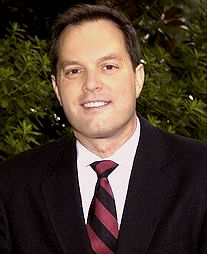
George A Brozak, Director of Athletic Bands, School of Music
-
Social History of Rock and Roll (F, M, U)
In this course, we will: 1. Ask what elements of music in a given work make it unique, interesting, and expressive, and how these elements differ from one artist to the next. 2. Investigate how artists (and their music) are influenced by systems and structures like race, socioeconomic status, culture, gender, and sexuality. 3. Trace the development of various instruments and their roles in the “birth” of rock. What new methods of performance were discovered through these developments? 4. And, we will be looking at how copyright laws in America have changed over the years. You may be surprised to learn how many artists unknowingly signed away the rights to their music for just a few dollars.
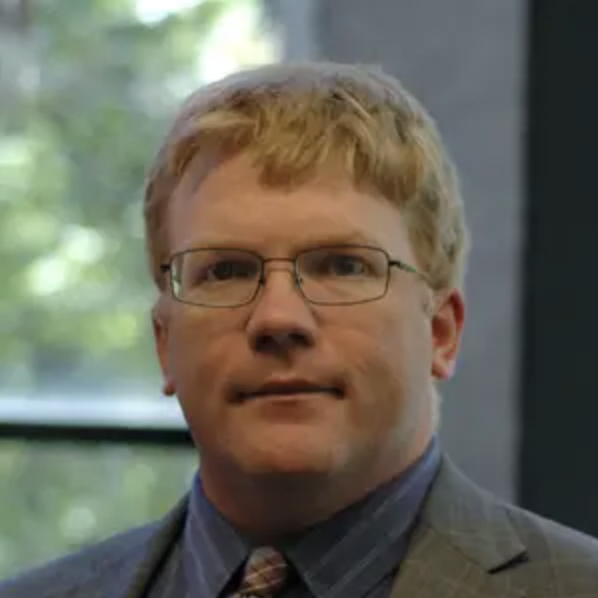
Wesley Calvert, Associate Professor, School of Mathematical and Statistical Sciences
-
Mathematics of Climate (O, S1)
We are living on the precipice of an answer to the most existential question ever asked in the history of our species: Will humanity survive the rapidly changing climate edged on by the consequences of our industrial global ventures? There are few historical comparisons of this weight and magnitude, fewer mutual burdens of uncertainty that the whole species could ponder on. But how do we begin to answer this question? With resolve! And the patience to face the thousands of other questions we must answer first: As global temperatures change, does the world react gradually, or with sudden shifts? How could an increase in temperature give us not only warmer weather but weirder weather? And even with a robust hypothesis, we must still consider the uphill battle of reaching mass consensus. How do you create a change in overall public opinion? How can we make sound, testable, and persuasive mathematical models that let us predict how the world works? In this course, we will attempt to discover methods by which some of these questions might be answered.
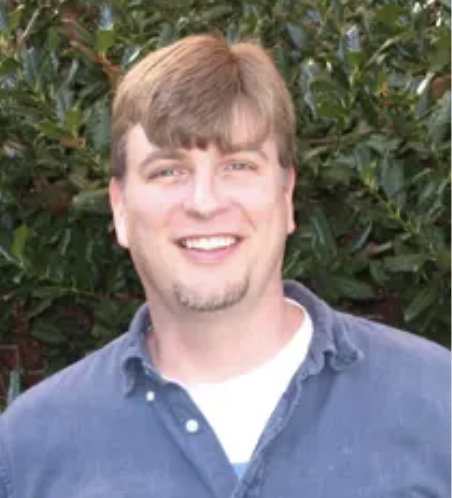
James Conder, Professor, Geology
-
The Earth Around You (S1)
The Earth Around You is geology applied to living. We will examine how geologic processes and hazards influence human activities (and the reverse) and the geologic aspects of economic pollution, and waste disposal problems. The most effective way to learn about the Earth and its processes is to observe it first-hand. We will have the opportunity to discover and observe the geologic processes, structures, and treasures that shape the world around them through a study abroad opportunity in Costa Rica. The country lies on a subduction zone making it prone to earthquakes, volcanoes, and tsunamis. At the same time, the volcanic soils and topography ranging from the coast to the volcanic highlands, make for a diverse ecology and agriculture. For example, bananas and coffee grow in different climes of which Costa Rica has both. The diversity in eco-systems ranges from rain forest to cloud forest to desert to estuaries and coral reefs. The country is a leader in renewable energy - primarily hydropower, but the development of Lake Arenal for hydropower has come with its own environmental costs. Travel to Costa Rica will occur over Spring Break and we will be meeting before and after the travel to prepare, reflect on, and analyze. Time TBD based on the cohort. Cost: app. $3400.
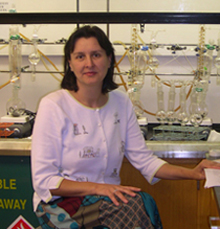
Liliana Lefticariu, Associate Professor, College of Agriculture, Life, And Physical Sciences
-
Future of Space Exploration (S1)
The “Future of Space Exploration” is a seminar course in which you will learn about the past, ongoing, and future space exploration missions led by NASA, ESA, and other space agencies, as well as, by private companies or mixed state-private endeavors. Also pertinent to our theme is the physical exploration of space by unmanned robotic space probes as well as the human spaceflight of the planets, moons, and asteroids in the Solar System. This course will also provide you with a general overview of the origin of the solar system, the composition of the planets and moons of the Solar System, and the variety of extraterrestrial objects that will become a major source of natural resources. We will discuss the latest technologies to be employed for the colonization of Moon and Mars including in areas of extraterrestrial water and mineral mining, soil augmentation, and food production, and technologies developed for solar and other forms of energy necessary for sustainable Moon or Mars colonies. Additional discussion will include the legal aspects associated with space exploration. We’ll be covering a broad range of subjects, and this course is designed to stimulate intellectual excitement, pique your curiosity, and inspire valuable independent thinking. The 21st Century is the century of space exploration and colonization of new planets! It’s an exciting time to witness!
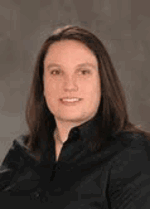
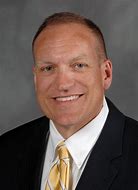
Bobbi Knapp, Associate Professor of Sport Studies, Kinesiology and Daniel Mahony President, Southern Illinois University System
-
Intercollegiate Athletics: Origins Through Contemporary (M, O, U)
Intercollegiate athletics has been referred to as the front porch of the modern U.S. university. What started out as student-run sport clubs at elite private institutions eventually became recruiting and marketing tools for colleges and universities throughout the U.S. This course will chart the history of intercollegiate athletics from its start on the playing fields of Yale, Harvard, Princeton, and other private institutions as student-run, student-played, and student-coached sporting clubs to the development of the Power Five Conferences and football coaches who make over $8 million dollars a year. As part of this exploration, the course will also examine the impact of systems of socio-economic class, race, ethnicity, sex, gender, sexuality, disability on the intercollegiate athletic experience. We’ll also cover topics such as amateurism, labor unions, activism and protests, academic scandals, sport-industrial-military complex, and reform.
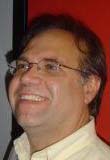
Kenneth Stikkers, Professor, Department of Philosophy
-
Contemplating the Apocalypse in Literature, Film, and Philosophy (F, U)
It’s the end of the world as we know it! Or as a few people have imagined it. In this class, we’ll peer into the history of one of humanity’s most macabre and fascinating quandaries. We’ll ask: What are some of the main ways in which the end of civilization or the end of humanity have been envisioned throughout much of Western history? And how do current concerns and fears regarding climate change compare and contrast with previous concerns and fears in the West regarding the end of civilization, humanity, and the world? What connections can we make by the contemplation of one's own death compared and contrasted with contemplation of the death of civilization and humanity?
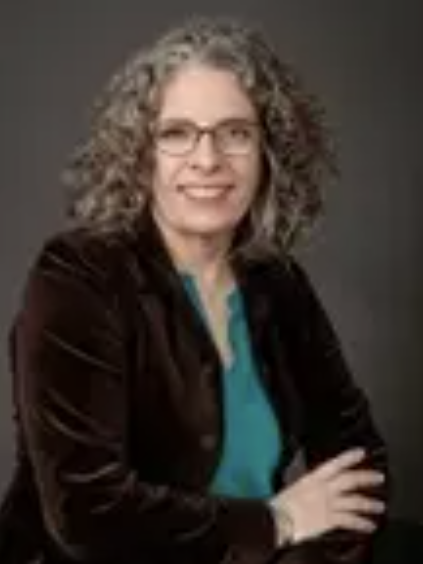

Jennifer Smith, Associate Professor and Chair, Spanish and Jyotsna Kapur (Professor, Cinema and Media studies, Director University Honors Program, SIUC)
-
Third Cinema, Latin American Documentary (F, M, U)
This course considers Latin American Third Cinema in relation to its ongoing impact on socially committed art in our time. Third Cinema grew out of the militant anti-capitalist and anti-imperialist struggles of the 60s and 70s in Latin America and is known for its radical interventions in cinematic form, content, and transformation of the conception of the cinema spectator. We will look at founding texts, filmmakers and theorists, including Patricio Guzmán, Santiago Álvarez, Fernando Solanas & Octavio Getino, Julio García Espinosa, Fernando Birri, Mikhail Kalatozov, Glauber Rocha, Tomás Gutiérrez Alea, and Jorge Sanjinés and consider its legacy both in terms of its investigations into art and politics as well as how it has now surfaced in the radical media produced by social movements employing a range of media technologies, from video to the Internet. In bringing together cinema studies with history, culture, and political activism, this course attempts to deepen our understanding of culture in the broadest sense.

Diana Tigerlily, Associate Professor of Practice, Women, Gender, and Sexuality Studies
-
Yoga for Harmonious Living – (L, M, U)
Healing begins from a state of relaxation. This statement is deceptively simple and incredibly profound. As a society, we are far from relaxed. We normalize stress and glorify sleeping less; we value productivity over life quality and balance. This course introduces students to the practice and study of Yoga as a way to create and sustain a lifelong practice of self-awareness and healthy living through a focus on the Yamas and Niyamas, and Hatha Yoga. This course asks, how can I relax when I'm so busy? What is Yoga? Meditation? The Yamas and Niyamas? Pranayama? Why do I need to learn how to breathe when I'm already breathing? How can knowledge and practice of Yoga philosophy benefit me? How do I incorporate strategies for living at my fullest?
-
Yoga for Self-Realization – (L, M, U)
Physical and mental imbalance is one of the biggest obstacles to self-realization. This course, Yoga for Self-Realization, introduces Ayurveda as a way to bring our systems back into balance while juggling the demands of being a University Honors Student. Ayurveda is a holistic system that emphasizes the physical, emotional, mental, and spiritual aspects of health and well-being, and it utilizes diet, lifestyle regimens, yogic practices, and meditation as methods of wellness. In this course, students will learn how to determine their individual Ayurvedic constitutions and the foods, yoga poses, and lifestyles best suited to their unique, personal make-up. This course asks, what is Ayurveda and how can it facilitate holistic well-being? What are the subtle body and its relationship to my physical body? Why do certain foods impact my emotional and mental states? How do I create a lifestyle for holistic health & self-realization.



